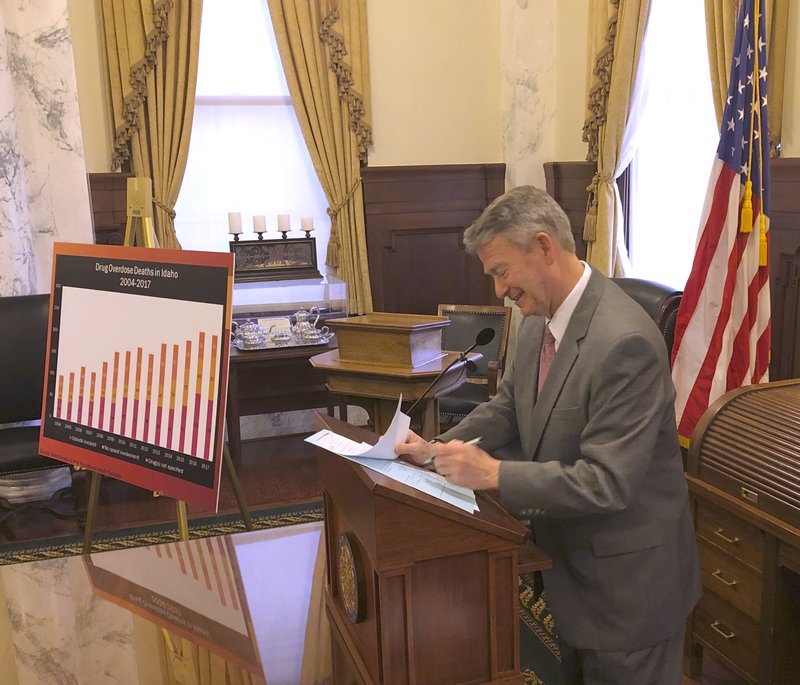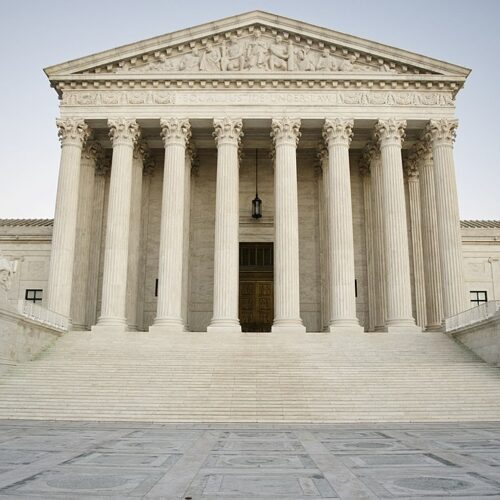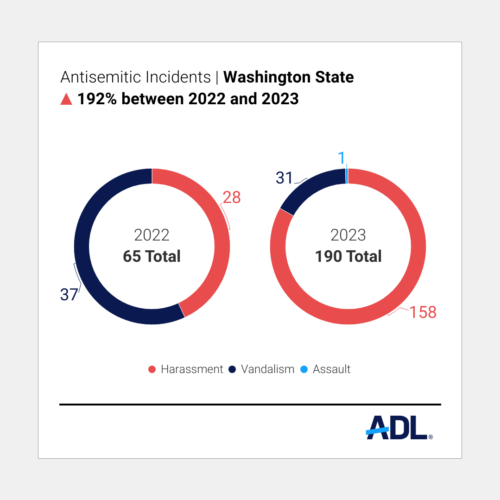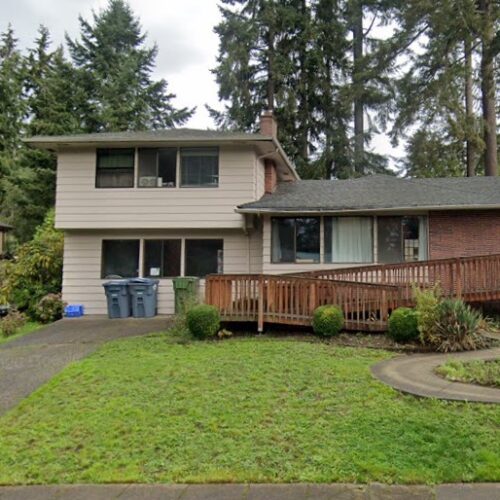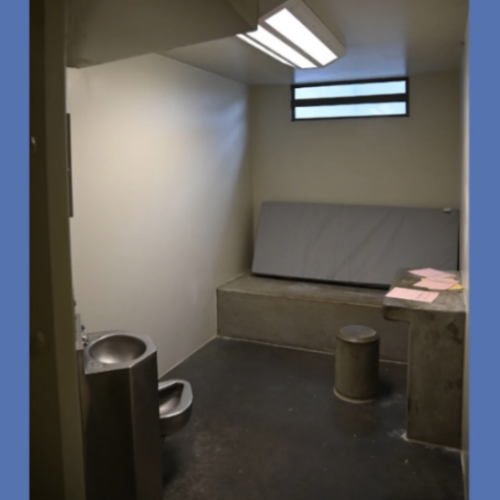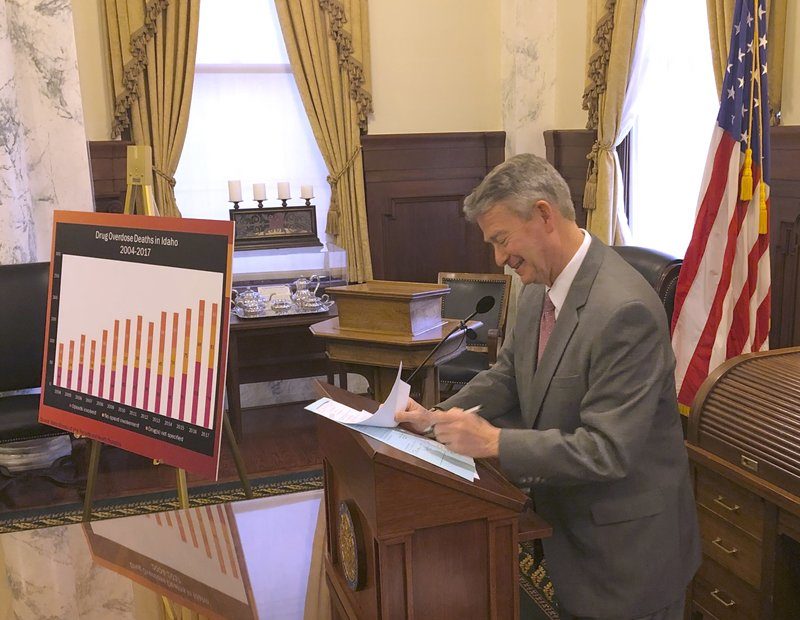
New Idaho Law to Make Overdose Reversal Drug More Available
Read on
BY KEITH RIDLER / AP
Idaho Gov. Brad Little signed legislation into law Thursday aimed at reducing the number of opioid deaths in the state by making naloxone overdose reversal medication more available.
The new law approved unanimously by the Legislature alters wording in an existing law to make it clear that emergency responders, family members and others can get and administer the medication.
“Idaho, like many states, has seen a rising number of opioid deaths,” Little said. This bill “gives Idaho the tools necessary to reverse this trend.”
Language in the law being replaced led to some interpretations that allowed only a medical professional with the authority to prescribe to distribute naloxone. He said the new law gives Idaho one of the broadest naloxone access laws in the United States.
“No doctor visit is required, and it can be accessed by anyone in a position to help someone at risk,” Little said.
Officials say Idaho had 116 known opioid overdose deaths in 2017, up from 44 a decade earlier.
In the House, the bill was sponsored by Republican Fred Wood, a retired physician. He said the new law will significantly increase the ability for education of non-medical professionals and increase distribution of naloxone to them.
“Anybody who has any familiarity or knowledge of anybody that has a possible opioid overdose can have access to this safe, efficient drug to, once they overdose, prevent them from dying if they’re first on the scene,” he said.
Democratic Sen. David Nelson of Moscow sponsored the legislation, House Bill 12, in the Senate. He said that while campaigning and knocking on doors, he met three men raising grandchildren whose parents had opioid or other substance abuse problems.
“They’ve had real impacts from their kids being on drugs,” Nelson said. “And passing House Bill 12 will help us keep those citizens, their children, alive.”
According to federal numbers, some 47,600 Americans died of opioid overdoses in 2017. The drug fentanyl — an extremely powerful opioid — is the top killer today, displacing heroin and pain pills. But prescription painkillers are still a problem, contributing to 14,495 deaths in 2017.
Little said Thursday he plans to soon issue an executive order aimed at preventing substance abuse and directing money to create better programs for people who fall into substance abuse.
Copyright 2019 Associated Press
Related Stories:
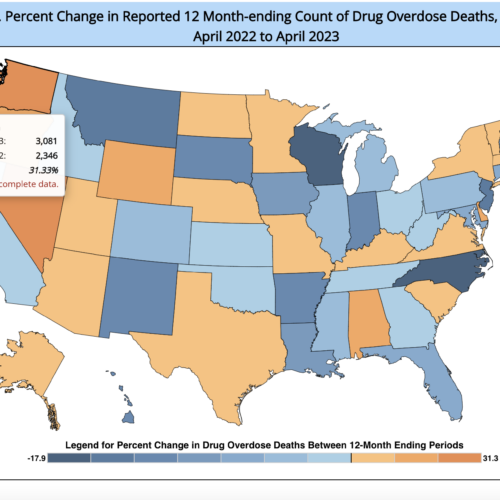
Federal funds to battle opioid addiction coming to rural western Washington hospitals
For people seeking medication-assisted treatment for substance use disorder in some rural Washington communities, there could soon be more options. Recent grant funding from the U.S. Department of Health and Human Services has been allocated to develop medication-assisted treatment (MAT) at rural clinics. Continue Reading Federal funds to battle opioid addiction coming to rural western Washington hospitals
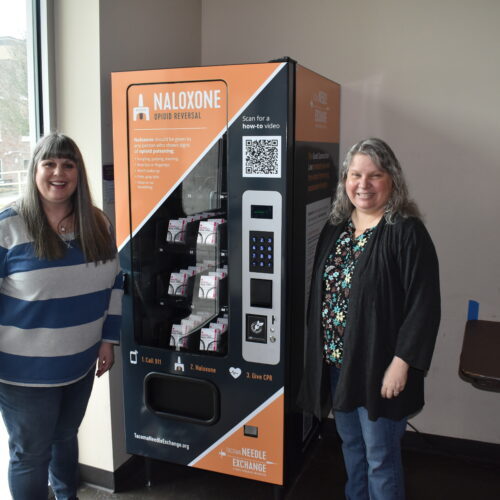
How Washington, Idaho are attempting to reduce increased opioid overdose deaths
In downtown Tacoma, Rachel Ahrens said she sees drug use and abuse frequently.
“I’ve personally seen somebody that was just slumped up against the door and looked to be like an overdose,” said Ahrens, who is the building administrator for First United Methodist Church. “I didn’t have Narcan at that time, so I wasn’t able to administer that. So I had to call 911, for them to help the individual.” Continue Reading How Washington, Idaho are attempting to reduce increased opioid overdose deaths
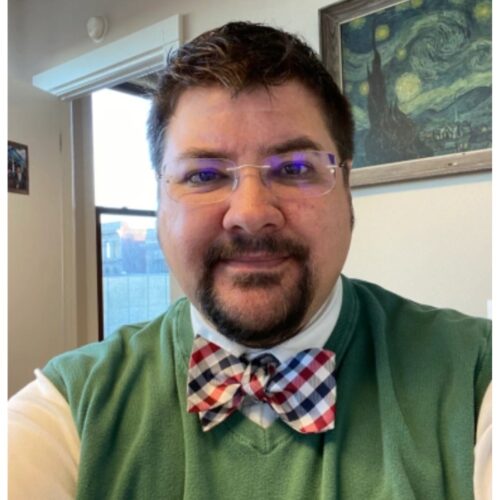
How Blue Mountain Heart To Heart Treats Drug Addiction In Eastern Washington
Everett Maroon Listen (Runtime 3:33) Read Like much of the nation, Benton and Franklin Counties are experiencing a dramatic increase in the number of people dying from overdoses and drug… Continue Reading How Blue Mountain Heart To Heart Treats Drug Addiction In Eastern Washington

